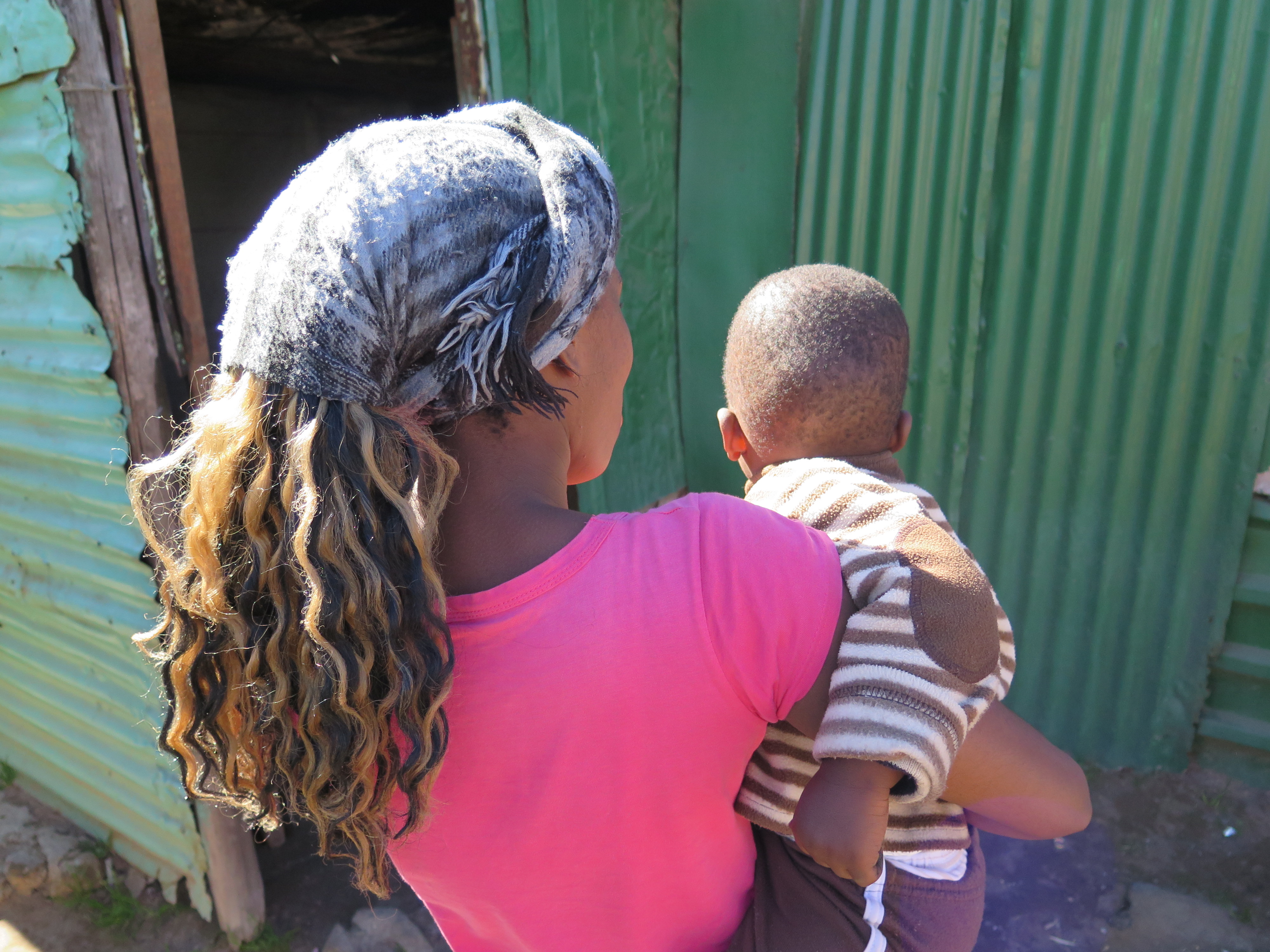It’s said that an apple a day keeps the doctor away. But doctors are very far away in Zimbabwe, as in entirely other countries where they might actually be paid for their services. Worse, most people don’t have anything to eat, let alone fresh fruit. Zimbabwe’s infrastructure has been in a downward spiral for at least the last ten years. The education system is in ruins, hospitals are closed, roads are impassable and the water and sewage systems destroyed.
Zimbabwe inherited a colonial infrastructure now over thirty years old. I don’t condone colonialism, I don’t think Zimbabwe was better off because the British were there and it’s not because the British left that things fell apart. It was a combination of government mismanagement and an acknowledged siphoning of funds by the central bank leading to the lack of infrastructure maintenance. Schools and hospitals, once some of the most respected in Africa are in shambles. Teachers, doctors and other health care professionals left in search of a living wage, particularly as Zimbabwe’s inflation soared to astronomical heights. The current government salary of $100US a month is not enough to feed and house their families, pay school fees, even commute to work.
Last year a cholera epidemic erupted in Zimbabwe which will soon reach the 100,000 cases benchmark. Unless the water treatment plants and sewer systems receive urgently needed repairs, it is anticipated that cholera will return at crisis levels when the rainy season resumes in October. The 2009 harvest was below projected levels, meaning Zimbabwe will be the world’s most food needy country per capita in 2009. Zimbabwe’s once effective HIV anti-retroviral drug dispersal program has faltered with the medical system collapse, and poor nutrition makes the drugs less effective and difficult to digest. Food insecurity also exaccerbates the cholera crisis.
Zimbabwe needs more than apples. It needs good governance and directed humanitarian aid (aid that is dispensed to non-governmental organizations to pay salaries and restore the infrastructure rather than through a government of which donor States remain leery) to help the people of Zimbabwe rebuild their country. Until then, apples and healthcare are both very far away.


 Yesterday on
Yesterday on